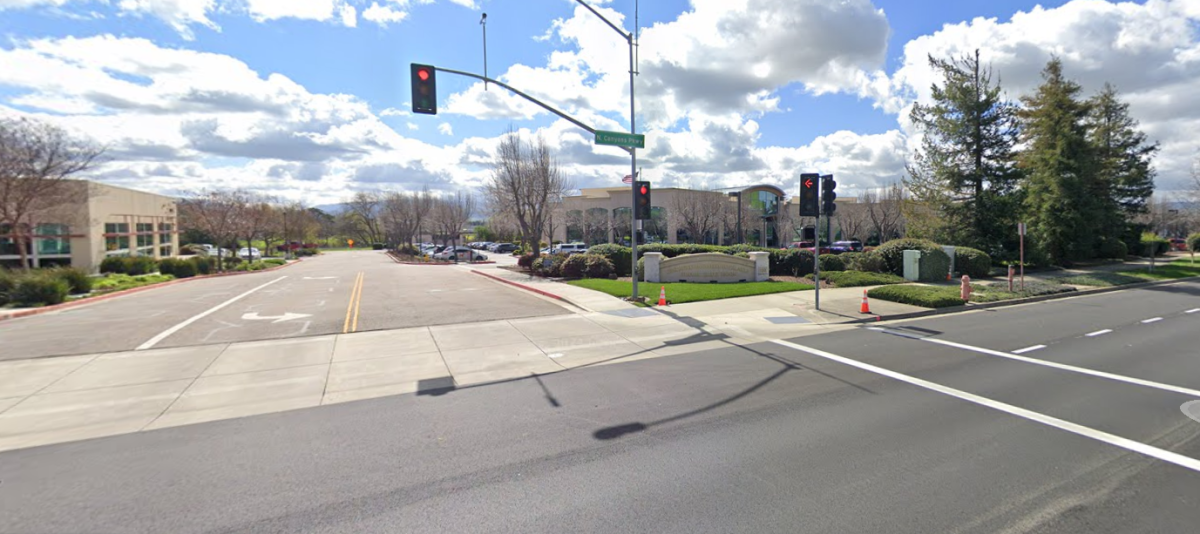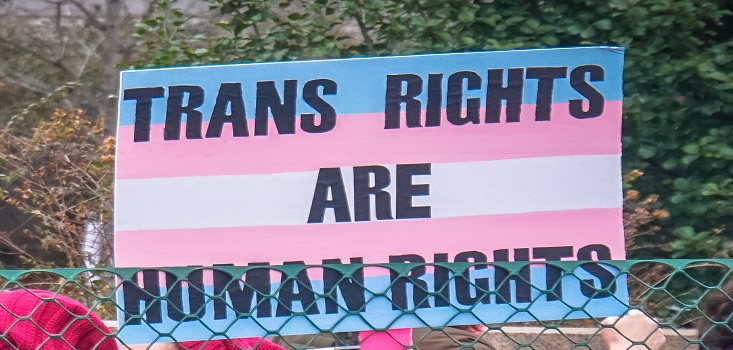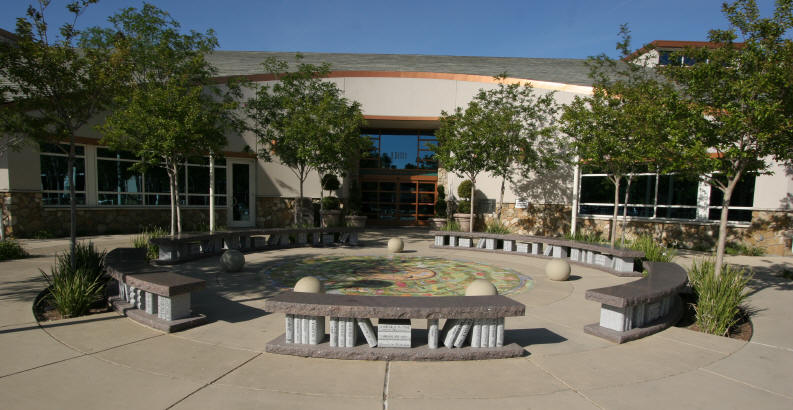Summary of the State of the Union Address

February 10, 2023
This past Tuesday, President Biden delivered the annual State of the Union address. As per tradition, President Biden delivered the speech in the House Chamber with Vice President Kamala Harris and Speaker of the House Kevin McCarthy seated behind him. In contrast to previous years, however, Biden was heckled over the course of his speech, notably by Republican representative Marjorie Taylor Greene. Shouts were heard from the audience when Biden mentioned Republican opposition to social security and Medicare funding. Regardless, the speech continued on relatively smoothly. Highlighted below are some of the key issues Biden touched on during the address.
Biden began the address by recognizing the newly elected Speaker of the House Kevin McCarthy, minority leader Hakeem Jeffries, and congratulating former Speaker of the House Nancy Pelosi on her illustrious political career. He then segued into a review of the economy over the past three years, and explained his hopes for the future of American economy. The president boasted the current 50 year low of unemployment, now hovering around 3.4 percent and insisted that he had lowered inflation over the past six months. A quick fact check from gallup.com reveals that inflation has in fact fallen but from a staggering 7.7 percent back in October to roughly 6 percent now. Keeping in mind the Federal Reserve targets a 2 percent inflation rate. the inflation rate has not fallen below 2 percent since 2018, when the annual rate sat at around 1.9 percent.
Though Biden seemed optimistic about the current state of America’s economy, he went on to discuss his plans for perpetuating this success. He spoke of restoring the middle class in America, and plans to do so through the creation of more manufacturing jobs in addition to the 800,000 he claimed to have already created during the course of his presidency. The CHIPSA and Science Act, signed back in August of 2022, was meant to prevent the outsourcing of the production of cell phones and cars. The bill will pour money into the research and development of semiconductors in order to promote American industry and hopefully create more jobs in the technology industry. Biden lamented America’s fall from number one in the world in infrastructure to thirteenth in the world. To combat that, Biden said, he passed the Bipartisan Infrastructure Law, America’s largest infrastructure bill since the Eisenhower Administration’s Federal Aid Highway Act. The Bipartisan Infrastructure Law will invest $350 billion into infrastructure efforts over the next five years in order to create jobs across America. Part of the goal of this bill, as a response to the Flint Michigan water crisis back in 2014, is to replace lead pipes in cities and towns all across America to ensure every American has access to clean water. Biden ended the economic portion of his speech by reassuring the American people that outsourcing would no longer be a threat to their jobs and that he would do everything in his power to ensure American industry was made a priority.
One of the big topics that Biden covered was medicare, which has been significantly affected by inflation. Biden claims that inflation is going down and he remains optimistic that it will keep going down. Keep in mind that inflation still hasn’t gone back down to its normal rate and according to experts from an article found on CNN, inflation may not go back down to 2% for another one or two years. Inflation has raised the costs of medicine to astronomical levels, making it difficult for most Americans to afford the basic prescriptions they need to survive. One example brought up was insulin, a medication that 8.4 million Americans need to survive. It costs $100 or more to buy it even though it costs about $13 to manufacture, according to the president. “Too many of you lay in bed at night like my dad did, staring at the ceiling, wondering what in God’s name happens if your spouse gets cancer or your child gets deadly ill or something happens to you,” he said. “Big Pharma has been unfairly charging people hundreds of dollars, $400 to $500 a month, making record profits.”
He addressed the issue by passing into law the Reduced Inflation Act. The Reduced Inflation Act makes a down payment on deficit reduction to fight inflation and invests $369 billion to fight climate change. The bill will lower inflation rates, invest in renewable energy, reduce carbon emissions by 40 percent by 2030, and expand the Affordable Care Act. In terms of healthcare, the law will allow Medicare to keep drug prices and out-of-pocket costs to $2,000. For insulin, it will only cost $35 to buy a vial, not hundreds. The president acknowledged that some members of the senate are trying to get rid of the Inflation Reduction Act, and said in a powerful statement, that any attempt to raise drug prices, will be vetoed. While this is a great first step, all these changes to make healthcare affordable, only apply to seniors. Biden urged Republicans to work together to not just keep the Inflation Reduction Act but to expand the Affordable Care Act to all Americans.
After addressing the issues facing America today, despite the heckling, Joe Biden ended the state of the union address optimistically. After mentioning the attack on Paul Pelosi months ago, he declared that there is no place for hate and extremism in America and every American must come together in this critical point in time when the whole world if facing issues that only come up once in a generation.
Biden’s finals words were, “We are not bystanders to history. We are not powerless before the forces that confront us. It is within our power, of We the People. We are facing the test of our time and the time for choosing is at hand. May God bless you all. May God protect our troops.”





























